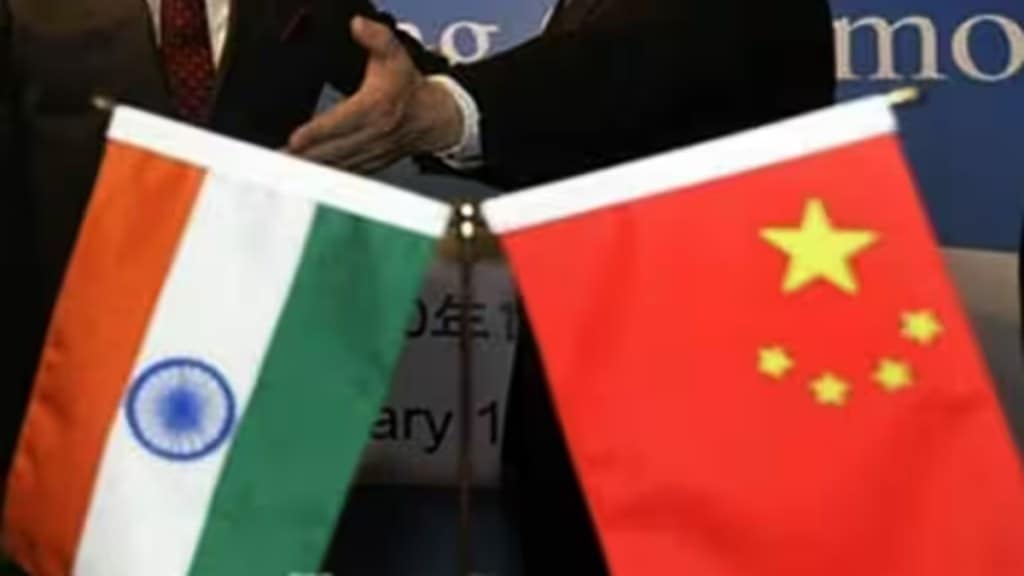By Harsh V Pant
As India’s G20 Presidency comes to an end with the summit this week, Indian foreign policy and its external outreach are under the global spotlight. At a time of intense major power polarisation and fraying multilateral institutional fabric, New Delhi has succeeded in giving a moribund platform like the G20 a new sense of purpose.
Few would have anticipated this heightened global interest in the G20 when most other multilateral platforms are losing relevance. From the United Nations to the WTO and WHO, there is a stasis that is as much a reflection of the changing global order as it is about the inability of these institutions to evolve for meeting contemporary challenges.
New Delhi, instead of complaining about the vacuity of the G20, smartly went ahead and crafted a sharp narrative using the platform to make a case about its own leadership credentials. It was clear from the very beginning that the geopolitical fault line between the West and Russia over Ukraine will continue to cast its shadow over the eventual outcome.
With China and Russia coming closer amid sharpening tensions with the West, a new global order has already begun to emerge much before India’s taking over the reins of the G20. New Delhi had to find a way to embrace the contending realities and make the process its own. And that it has done with aplomb.
The lack of consensus on the final communiqué will perhaps be the headline after the end of the summit, but India has already changed the way the G20 process is viewed by the rest of the world, in particular, in the so-called Global South.
For some of the weakest, most vulnerable nations of the world, finding a platform to voice their concerns has always been a challenge. In particular, with growing contestation among major powers, this situation has become particularly acute with the focus on major power rivalries taking centrestage.
The G20 is unique in so far as it brings together the developed and the developing nations to discuss and provide solutions to global governance challenges and India is uniquely positioned in today’s global context that can effectively bridge this divide by forging consensus on key global issues.
New Delhi has been vociferous in giving voice to the aspirations of the Global South at a time when few global powers have the time and resources to cater to the most vulnerable. The pressures of global disruption are being absorbed most by this group and few powers are willing to consider their issues with the seriousness it deserves.
India has historically tried to be the voice of this voiceless group and in recent years has taken up their causes at multiple global for a.
The theme of G20 India 2023—Vasudhaiva Kutumbakam: One Earth, One Family, One Future—is key to India’s conceptualisation of the global order and its own role in it.
New Delhi has been consistent in projecting its role of a responsible global stakeholder during and after the pandemic when, contrary to most developed nations that were initially focused inwards, it continued to insist on the need to work together and help the most vulnerable.
India’s domestic experience of managing a multicultural democracy is well suited to the global needs of today when it is imperative that a diverse set of stakeholders come together and cogitate on global problems.
This extant crisis in the global order, therefore, gives India a once in a lifetime opportunity to leverage the opportunities inherent in the challenges. By hosting one of the highest-profile international gatherings ever at a time of great turbulence, New Delhi is signalling that it is ready to think big and deliver on its leadership commitments, something that much of the rest of the world had long expected from India.
And it is this self confident India on the global stage that has become a real challenge for China, the presumptive emerging power trying to make the world in its own image.
While the China challenge to India is often the focus of global and domestic Indian discourse, the India challenge to China is something that has been the real story of the G20 presidency of India. Chinese president Xi Jinping’s decision to skip the G20 summit in India is symptomatic of the wider discomfort that Beijing is encountering from a buoyant New Delhi seeking to establish its own presence on the global stage.
Far from diminishing India’s G20 moment, Xi’s absence is a reminder of how fast the global order is evolving and the difficult position China finds itself in.
New Delhi has been able to shape the global governance agenda using the G20 as the platform for the foreseeable future and despite trying hard to be as obstructionist as possible through the year long process, Beijing has not been very effective in marginalising India.
New Delhi’s steering of the G20 through the past year is a portent of things to come as an aspirational India gets ready to play the role of a “leading power” in the global order, one that shapes outcomes.
China will continue to create roadblocks but India is signaling that is willing and capable of moving past them.
The writer is Vice president (studies and foreign policy), Observer Research Foundation

